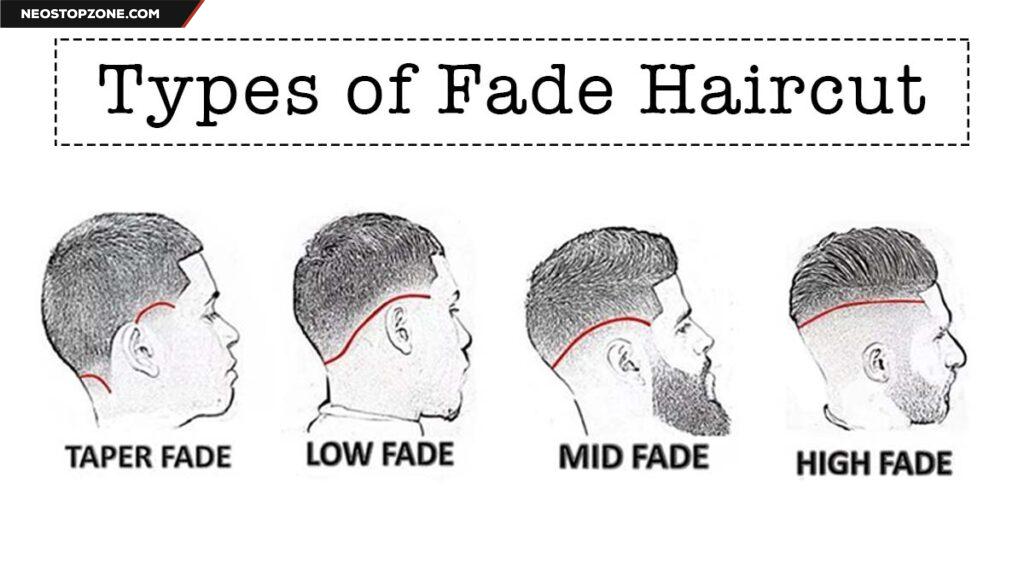Cay you lighten your hair in the sun?
The Hair Health Hotline is your direct access to dermatologists, trichologists, hair stylists, and other beauty professionals. Each story in this series tackles a common hair or scalp concern and offers science-backed solutions to your hair care regimen.
If you’ve ever lightened your hair color, you might have seen the bleaching step as a necessary evil. While this can strip your hair of color, preparing your strands to take on the new color of your choice, it can also cause damage.
Professionally coloring your hair can also be expensive, which is why some people have called on Mother Nature to get the job done. Yes, they have relied on sun bleaching, intentionally exposing their hair to the sun for long periods of time in hopes of lightening their hair color. Maxine SalonKathy Debsky of by Alex Brown of Space Salon and George to What to say about the safety and effectiveness of sun bleaching hair.
Why does the sun lighten hair?
Quick science lesson: Your hair may become lighter from sun exposure due to the same reaction that bleach triggers during hair color treatments. This is a chemical reaction called oxidation, which occurs when a substance comes into contact with oxygen, Bennett explains. “The sun’s ultraviolet (UV) rays oxidize the hair,” he says. “In other words, the sun bleaches the melanin in the hair,” he says. (ICYDK, melanin is the natural pigment responsible for the color of your hair, eyes, and skin.) When hair becomes oxidized and oxygen is introduced into the strands due to UV exposure, it causes melanin molecules to become colorless. Causes explain Debsky.
According to Papanikolas, sunburned hair usually works better on lighter hair colors, such as blonde or “bronde” (a cross between brown and blonde), because those colors already contain less melanin. . Generally, however, the process of sun bleaching is slow, gradual, and “requires a lot of hours in the sun,” he says. You have no control over how long it will take to reach your desired shade, which is why Debsky calls the process “unexpected” and doesn’t recommend trying it.
Add lemon juice to your hair or hair products (like Sun-In in hopes of more noticeable or faster results but potentially more damaging. “The citric acid in lemon juice is a natural bleaching agent,” says Bennett “It’s easy to apply, and it will oxidize the melanin in your hair [along with] the sun’s UV rays.”
of Sun Exposure to
Lightening Your Hair While it’s effective, according to experts Sun-lightening your hair is best avoided because of its effects on hair and scalp health.” [Lightening hair in the sun] causes dryness because [UV rays] cause protein compounds in the hair (aka Keratin),” says Debsky. A keratin deficiency can lead to brittle, weak strands, says Papanikolas.
Plus, making your hair lighter from sun exposure can damage your scalp. Says Bennett, “Sun bleaching can dry out your scalp [and] layer from the acids in lemons [and] UV from the sun.” rays.” Not to mention, any amount of time spent in direct sunlight without protection can increase your chances of getting skin cancer.
While the traditional process of hair whitening and sun bleaching both use oxidation to lighten the hair, with the former, you are usually in the hands of a professional. When your hair is professionally bleached, your hair colorist can adjust and monitor the amount of bleach used to give your hair the desired color. Your colorist can also provide in-salon treatments, such as treatments sold only to salons, that can help repair and protect your hair and scalp from the chemicals used in bleach.
So according to these experts, this method of bleaching is a difficult route. “The sun isn’t your friend, especially if you plan to be in it all day,” Bennett says. “It will dry out the hair and scalp, so I don’t consider it safe,” Debsky says.
your hair
, ideally, you’ll take measures to protect your hair. “I always recommend wearing a hat for protection,” Debsky says. Can also include scalp and hair sunscreen, which, yes, is a thing.
It’s also essential to moisturize your hair after sun exposure, says Papanikolas. Bennett agrees. “After being in the sun, use a moisturizing shampoo and conditioner to [resist] sun-induced dryness,” he says.
So there you have it. If you’re thinking about going lighter this summer, going to a professional will be well worth the money and effort.

